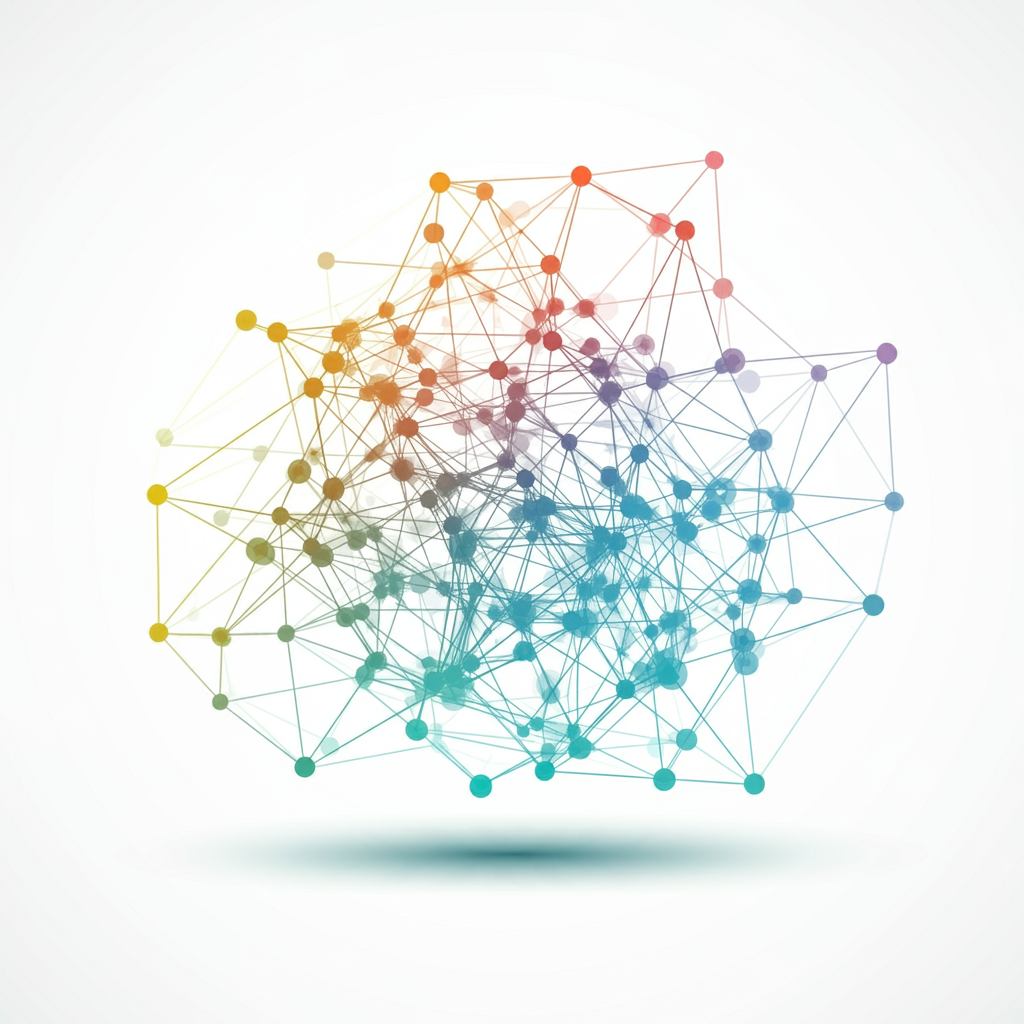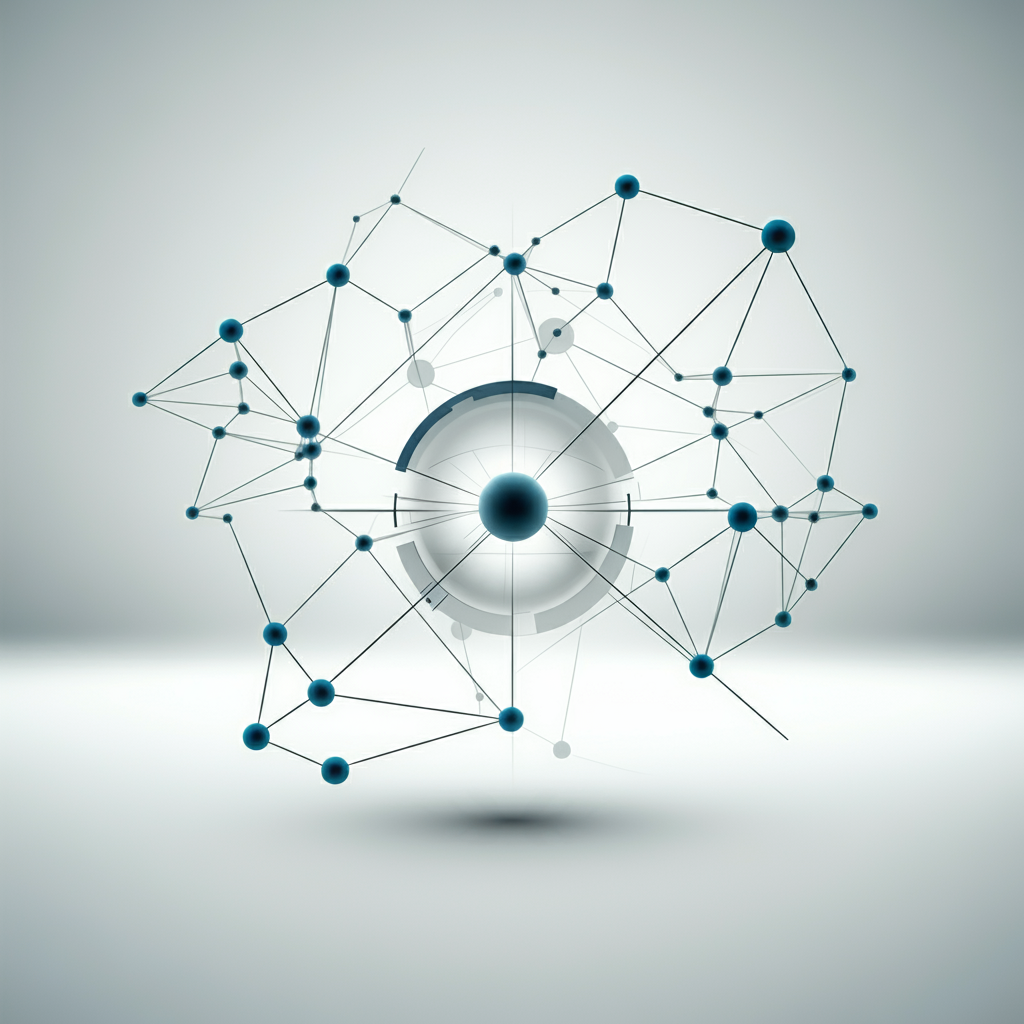Cluster analysis
類似度に基づいてデータをグループ分けする機械学習の手法。
The Murata Laboratory belongs to Waseda University’s School of Advanced Science and Engineering, Department of Electrical and Information Biotechnology, and is a cutting-edge laboratory that explores the possibilities of data. Against the backdrop of rapidly evolving computer technology and the accumulation of vast amounts of data, we aim to use probability, statistics, and machine learning methods to elucidate the essence of data and gain insights that will be useful to society.

類似度に基づいてデータをグループ分けする機械学習の手法。

似ている表現力を持つ学習器ではなく、色々な表現ができる弱学習器を組み合わせることでより正答率を上げるという機械学習の手法。

確率分布が1点に定まる空間において機械学習の手法を議論する枠組み。
現在、開催予定の講演会はありません。
Date: 10月7日(土曜) 8:50-12:20
Location: 51号館8階05室
Extracellular recording of single neurons has been one of the key techniques to investigate neural activity in freely behaving animals for more than 60 years. Improvement of recording technology including electrode profiles, configurations, and driving mechanisms has led to the significant increase of the number of simultaneously recorded neurons, yielding important findings in neuroscience. In this lecture, we will review the basic physics of extracellular electrophysiology, the types of signals that can be recorded by extracellular electrodes, and the technical developments of extracellular electrophysiology in freely behaving animals. The lecture will also cover essential concepts in sleep and memory as well as computational methods for the analysis of electrophysiological data. We will showcase a research example of detection of memory reactivation together with neural networks modeling of memory function.
Date: 10月14日(土曜) 13:10-16:45
Location: 51号館8階05室
近年の神経細胞活動技術や遺伝学技術の大きな発展により、神経細胞が集団としてどのようなダイナミクスを形成して情報処理を行っているのかの理解について、多くの知見が得られている。本講義では、海馬の神経集団活動と神経オシレーションに注目し、海馬における時間・空間についての情報処理と記憶形成のメカニズムについて考察していく。
〒169-8555 東京都新宿区大久保 3-4-1 63 号館 6F-18